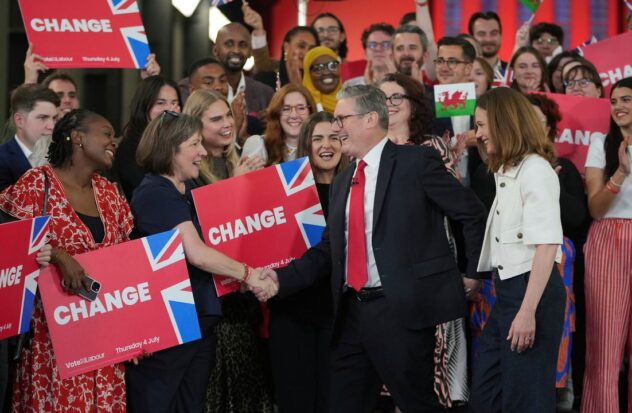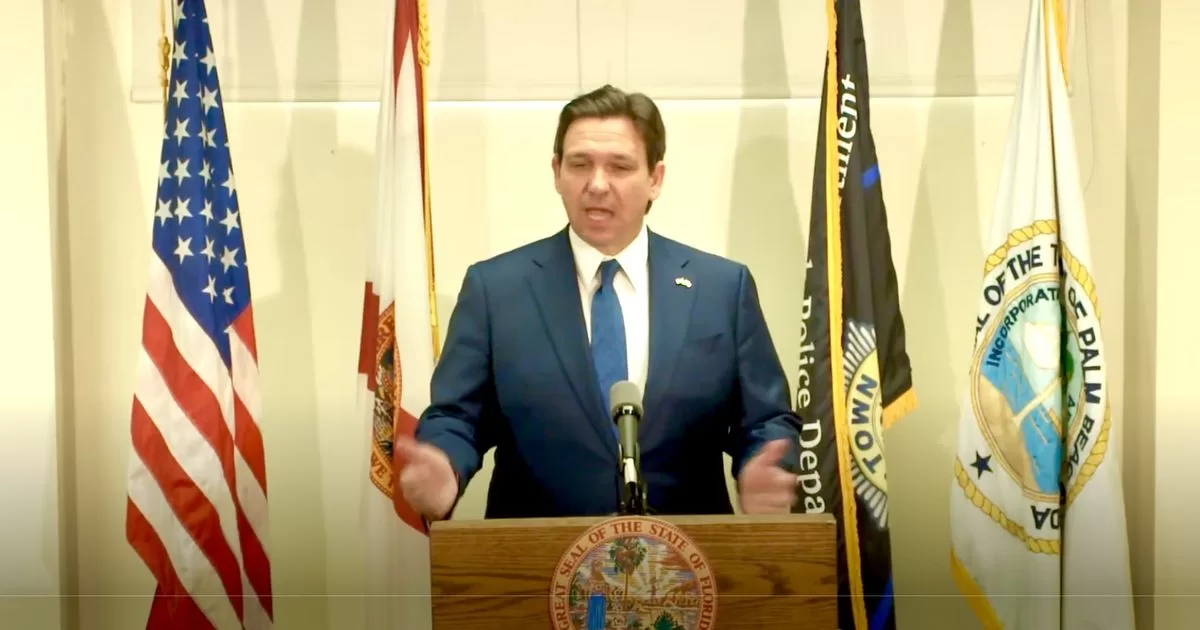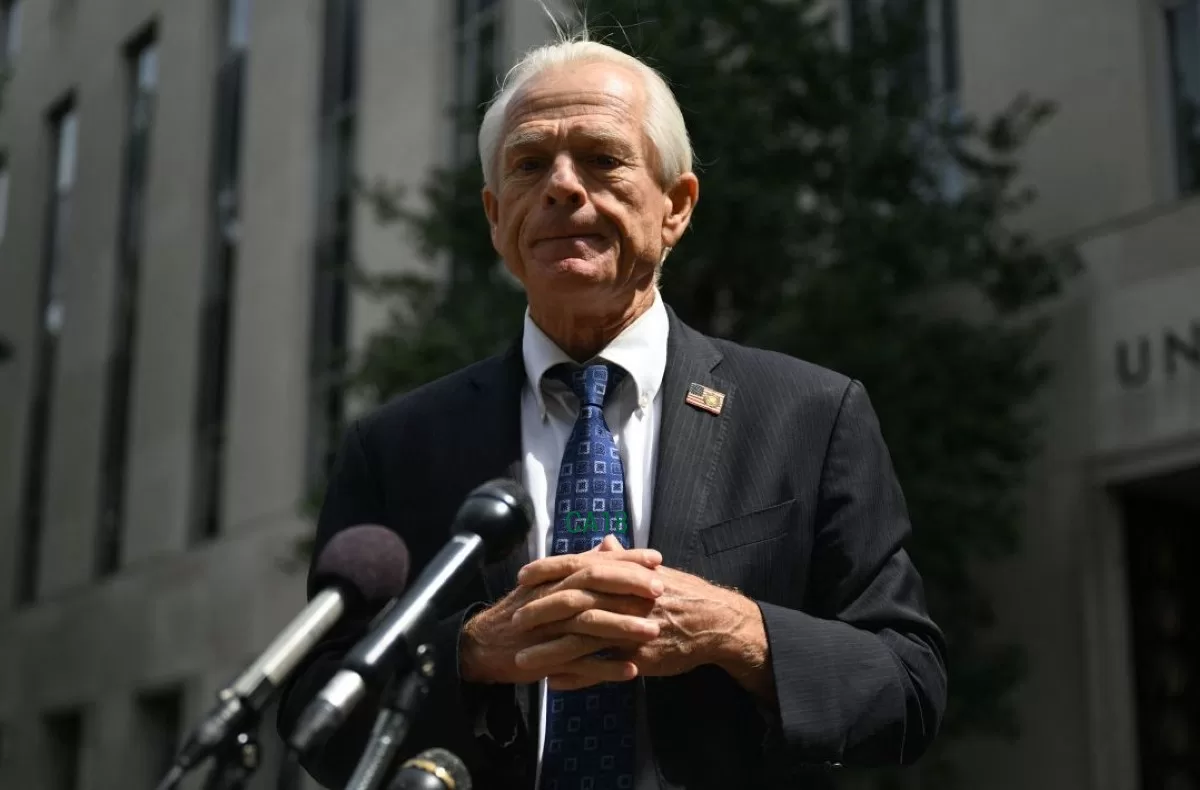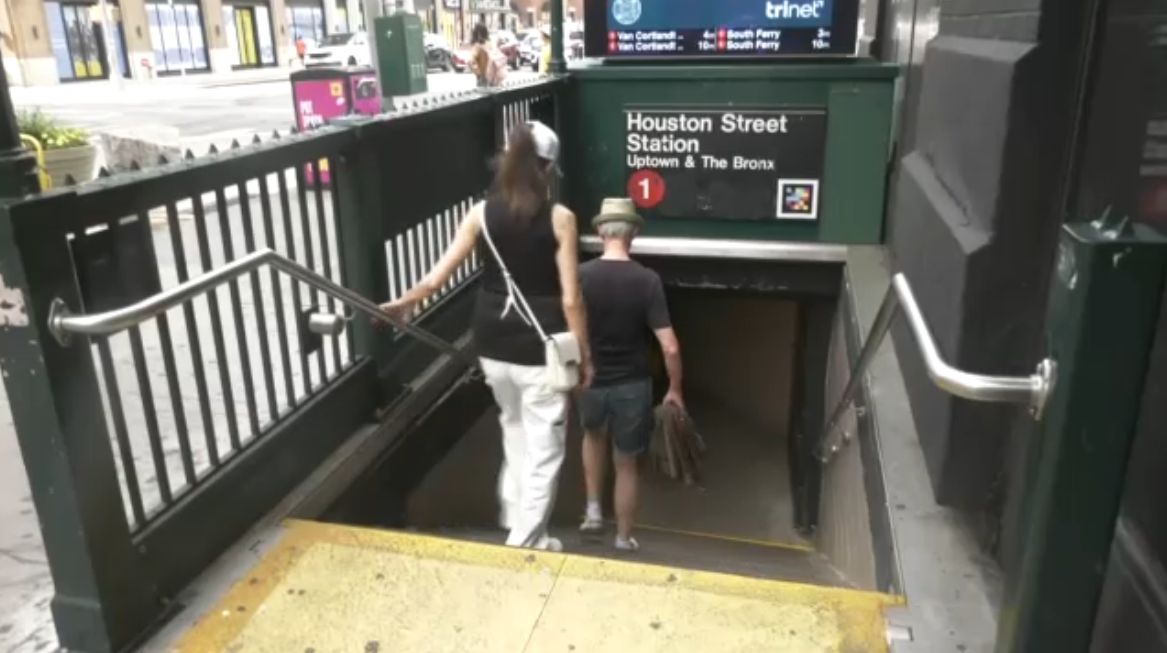Labour Party leader Keir Starmer has officially become the Prime Minister of the United Kingdom.
Starmer received the go-ahead from King Charles III to form a government in a ceremony known as “the kiss of the hands.”
A photograph of the moment served as the official announcement of Starmer’s new position.
Starmer is now heading to Buckingham Palace to take up residence at 10 Downing Street, where he is expected to speak.
Starmer takes over from Conservative Prime Minister Rishi Sunak, who tendered his resignation to the monarch after his party, which ruled the country for 14 years, suffered a crushing defeat at the hands of Labour.
In his farewell remarks, Sunak said he had heard voters’ anger and disappointment and took responsibility for his party’s defeat.
“With a mandate like this comes enormous responsibility,” Starmer acknowledged in a speech to supporters, saying that the fight to regain the public’s trust after years of disillusionment “is the defining battle of our era.”
Speaking in the early hours of the morning in London, he said Labour would offer a “glimmer of hope, faint at first, but growing stronger as the day goes on”.
Sunak conceded defeat, saying voters had delivered a “sobering verdict”.
After most of the results were counted, Labour won 410 of the 650 seats in the House of Commons, compared to 118 for the Conservatives.
For Starmer, it is a resounding victory that will present enormous challenges, as he faces an electorate fed up with and impatient for change in an uninspiring context of economic malaise, growing distrust in institutions and a fragile social structure.
“Nothing has gone right in the last 14 years,” said James Esrkine, a London voter who expressed optimism for change hours after polls closed. “I see this as a potential seismic shift, and that’s what I’m hoping for.”
And that is what Starmer promised, saying: “Change starts now.”
Anand Menon, professor of European politics and international affairs at King’s College London, said British voters were about to see a marked change in the political environment from the tumultuous “politics as pantomime” of recent years.
“I think we’re going to have to get used to a relatively stable government again, where ministers stay in power for a long time, and where the government is able to think beyond the short term to medium-term objectives,” he said.
The United Kingdom has experienced a turbulent series of years — some of it of the Conservative Party’s making, some of it not — that have left voters pessimistic about their country’s future. The U.K.’s exit from the European Union, followed by the COVID-19 pandemic and Russia’s invasion of Ukraine hammered the economy, while the lockdown parties of then-Prime Minister Boris Johnson and his staff caused widespread outrage.
Rising poverty, crumbling infrastructure and an overwhelmed National Health Service spell out the state of the country.
Johnson’s successor, Liz Truss, further shook the economy with a package of drastic tax cuts and lasted just 49 days in office. Truss lost her seat to Labour, and was one of a number of senior party members who fell victim to election day.
While the result appears to reverse the recent electoral trend to the right across Europe, including in France and Italy, many of those populist undertones are flowing through Britain. Reformist leader Nigel Farage has muddied the race with his party’s slogan of “taking back our country” and has taken support away from the Conservatives, and even gained votes from Labour.
The result is a catastrophe for the Conservatives after voters punished them for 14 years of presiding over austerity, Brexit, a pandemic, political scandals and internal conflict.
The historic setback – the fewest seats in the party’s two-century history – leaves it diminished and adrift and could potentially spark an immediate contest to replace Sunak as leader.
In a sign of the public’s unstable mood and anger at the system, the next parliament will be more fractured and ideologically diverse than any in recent years. Smaller parties won millions of votes, including the centrist Liberal Democrats and Farage’s Reform UK. He won four seats, including one in the coastal town of Clacton-on-Sea, securing a place in parliament at his eighth attempt.
____
We invite you to visit us on the new NY1 Noticias channel on WhatsApp. There you will find the most relevant news about what is happening in New York, as well as other coverage about the rest of the country, Latin America and the world. Click here in this link to access the channel. We thank you in advance if you become one of our followers and express your reaction to what we publish with an emoji.





